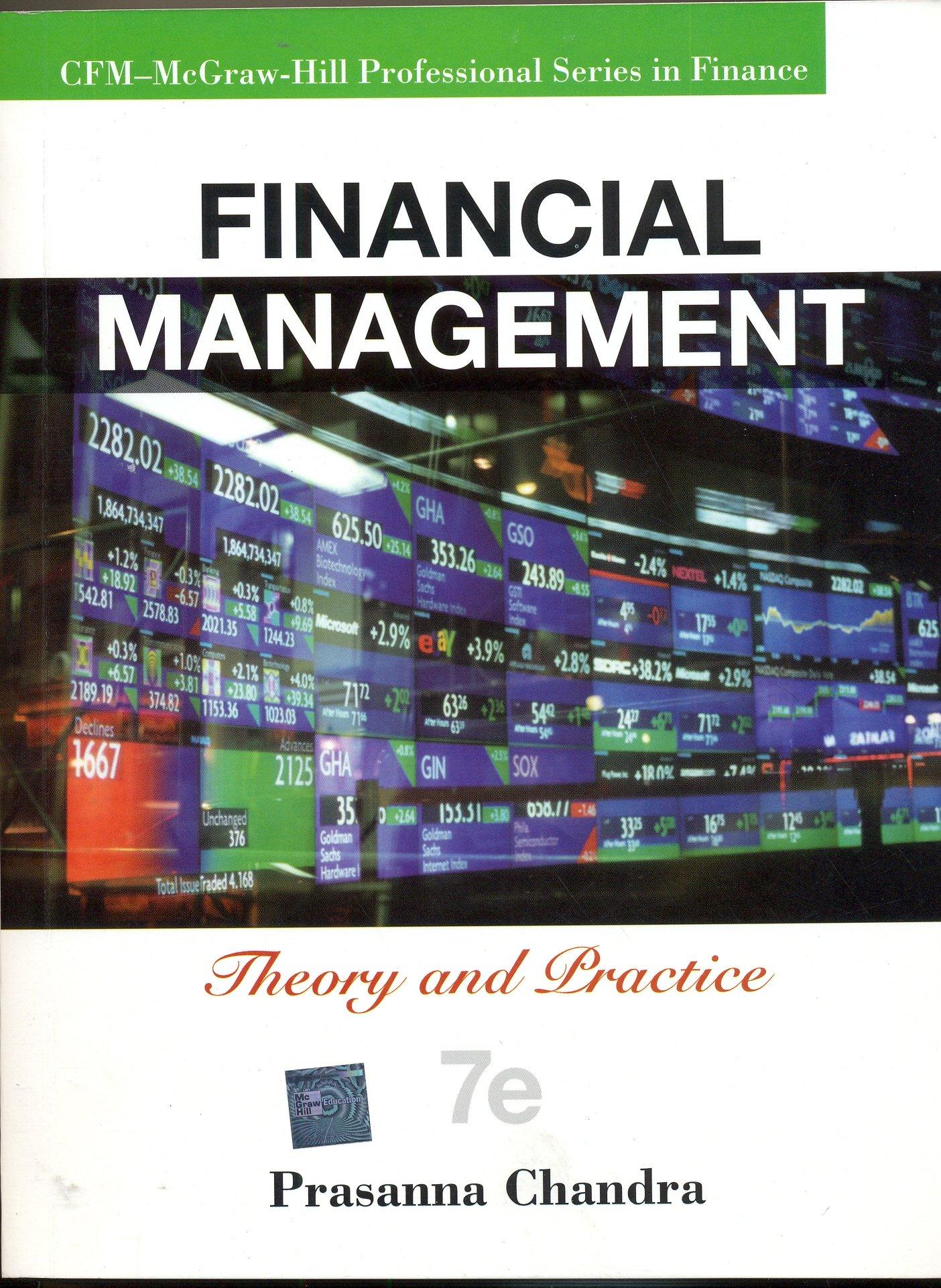7. An investor is considering buying a property but has not yet decided how much she is prepared to pay for it. The rent earned on the property over the last year was 40,000 every six months, and the next rent payment is now due. Rents in the market are expected to increase by 4% each time the rent is reviewed. This property has rent reviews every five years, and the last rent review was exactly five years ago. The investor pays tax on income at a rate of 35%. (a) Draw a cash flow diagram to illustrate the cash flows that the investor would pay and receive if she bought the property and held it in perpetuity (.e. forever). [4 marks) The investor believes that the correct price to pay is the present value of all incoming and outgoing future cash flows relating to the property, calculated using her required rate of return, which is 10% per annum. (b) If the investor buys the property and intends to hold it in perpetuity, what price should she pay for the property? [9 marks] The investor is considering buying shares in ABC Plc instead of buying the above property. ABC Plc pays annual dividends. The current dividend is 27p and is just about to be paid. Dividends are expected to increase by 3% per annum. The investor has the opportunity to buy the shares in ABC Plc immediately after the next dividend is paid, so the first dividend she will receive will be paid when she has owned the shares for one year. The investor can purchase 200,000 shares for the same price as the property, as calculated in part (b) above. (c) 1) What annual yield would the investor earn on the shares? [7 marks] ii) If the investor wants to maximise her retum, should she buy the shares or the property? [1 mark] (d) Suggest four possible reasons why an investor might choose to invest in shares rather than property, even if they provided a lower expected return. [4 marks] [Total: 25 marks] 7. An investor is considering buying a property but has not yet decided how much she is prepared to pay for it. The rent earned on the property over the last year was 40,000 every six months, and the next rent payment is now due. Rents in the market are expected to increase by 4% each time the rent is reviewed. This property has rent reviews every five years, and the last rent review was exactly five years ago. The investor pays tax on income at a rate of 35%. (a) Draw a cash flow diagram to illustrate the cash flows that the investor would pay and receive if she bought the property and held it in perpetuity (.e. forever). [4 marks) The investor believes that the correct price to pay is the present value of all incoming and outgoing future cash flows relating to the property, calculated using her required rate of return, which is 10% per annum. (b) If the investor buys the property and intends to hold it in perpetuity, what price should she pay for the property? [9 marks] The investor is considering buying shares in ABC Plc instead of buying the above property. ABC Plc pays annual dividends. The current dividend is 27p and is just about to be paid. Dividends are expected to increase by 3% per annum. The investor has the opportunity to buy the shares in ABC Plc immediately after the next dividend is paid, so the first dividend she will receive will be paid when she has owned the shares for one year. The investor can purchase 200,000 shares for the same price as the property, as calculated in part (b) above. (c) 1) What annual yield would the investor earn on the shares? [7 marks] ii) If the investor wants to maximise her retum, should she buy the shares or the property? [1 mark] (d) Suggest four possible reasons why an investor might choose to invest in shares rather than property, even if they provided a lower expected return. [4 marks] [Total: 25 marks]







